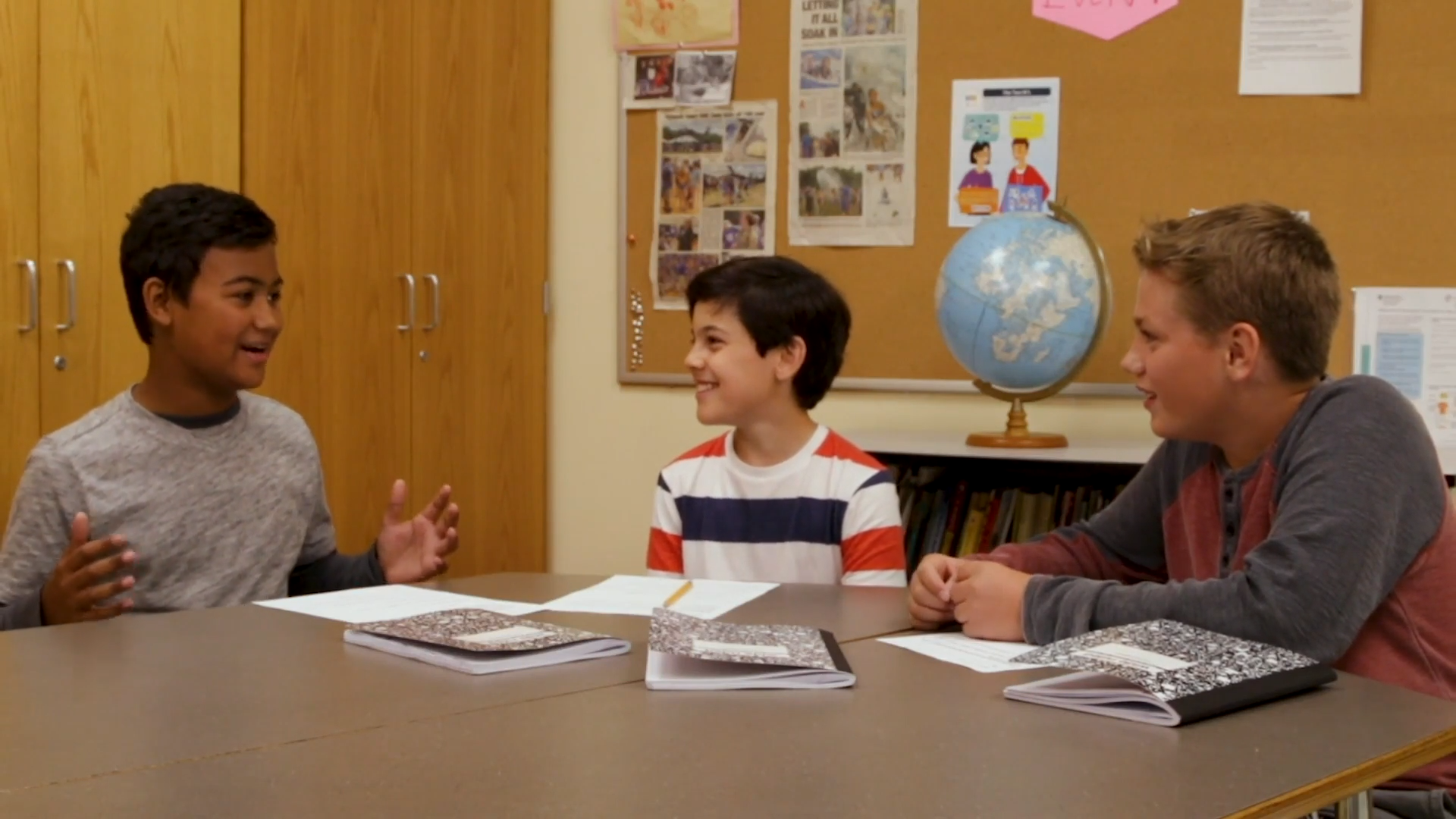
Introduction
In this blog post, we will explore an engaging and interactive activity for PreK students called “Guess What Happens Next.” The activity focuses on the vital skill of compromising, which is essential in social-emotional learning. Compromising means giving up part of what you want to allow someone to have part of what they want. This helps solve problems quickly and keeps everyone happy. By considering others’ happiness and learning to compromise, students can develop healthy relationships and navigate social situations effectively.
No-Prep Activity
The “Guess What Happens Next” activity requires no preparation or materials from the educator. To begin, the teacher will present a scenario to the students, either verbally or through a short video. After the scenario is presented, the educator will provide three possible choices for how the characters in the situation could compromise.
Students will then have to guess which choice is the best compromise, considering what part of their plan the characters are giving up and what part they are getting. Encourage students to use phrases like “Why don’t we…”, “How about we…”, and “What if we…” to suggest compromises. After the students make their guess, discuss the outcome and what could have been done differently.
Discussion Questions
- Why is compromising important in resolving conflicts and maintaining healthy relationships?
- Can you think of a time when you had to compromise with someone? How did it make you feel?
- What are some strategies you can use to be more open to compromising in different situations?
- How can we practice compromising in our everyday lives to improve our social-emotional skills?
- What are some situations where compromising might not be the best solution? Why?
Related Skills
Along with compromising, there are several other related skills that contribute to social-emotional learning. Some of these skills include:
- Active listening: Paying attention to others, showing empathy, and understanding their feelings and perspectives.
- Assertiveness: Expressing one’s own needs and desires in a respectful and confident manner.
- Conflict resolution: Identifying and resolving disagreements in a constructive way.
- Empathy: Understanding and sharing the feelings of others.
- Respect: Treating others with kindness, consideration, and valuing their opinions and feelings.
Next Steps
We hope you found this “Guess What Happens Next” activity helpful in teaching compromising and social-emotional learning to your PreK students. To further explore these skills and access more resources, we encourage you to sign up for free samples of skill-building materials at Everyday Speech. These resources will provide you with additional activities, videos, and lesson plans to support your students’ social-emotional development.

